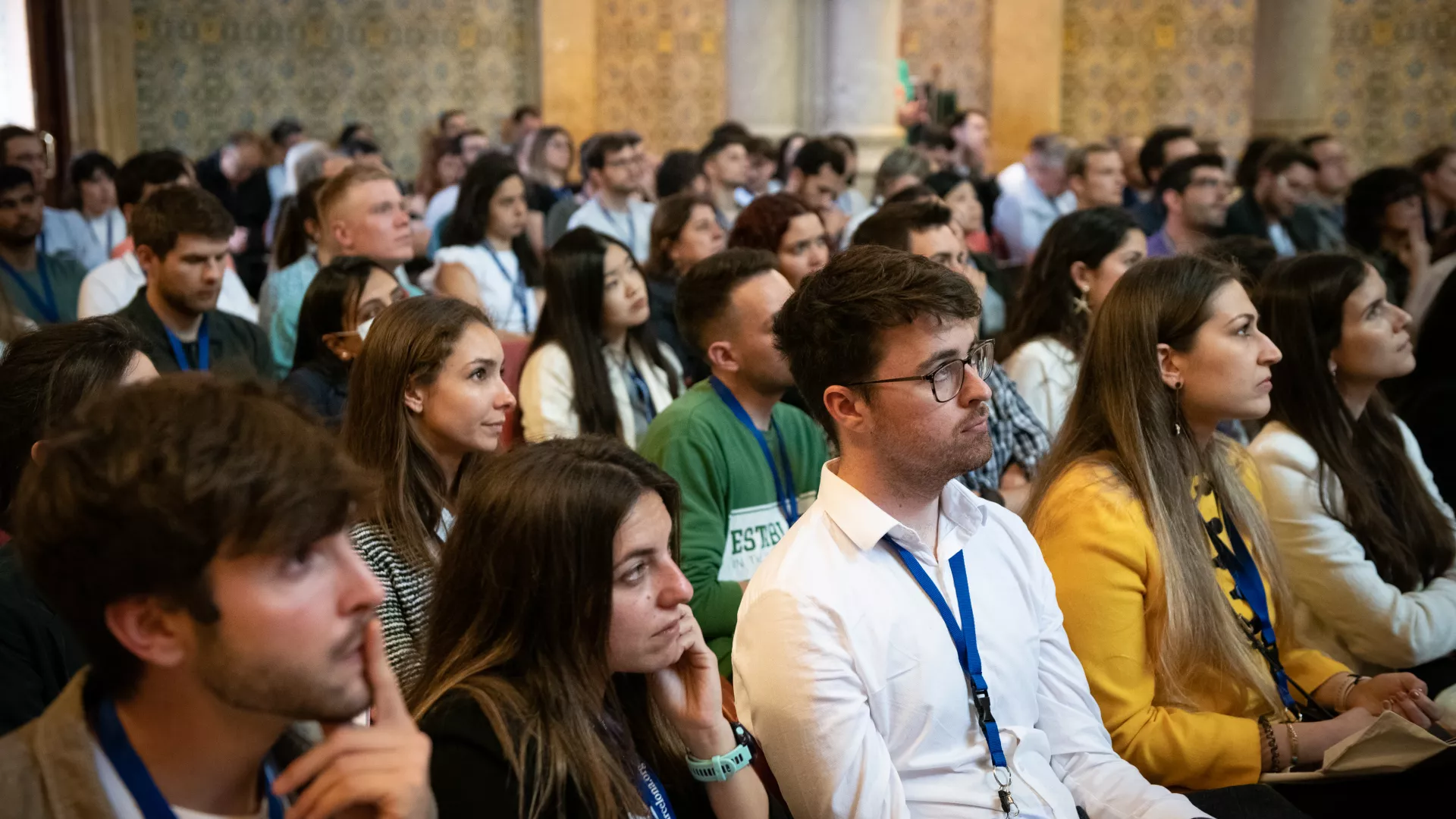Speaker: Louis Vermeulen MD, PhD. Center for Experimental and Molecular Medicine, Academic Medical Center. Amsterdam. The Netherlands
Presentation
Organizers: IRB Barcelona
Date: Thursday 15 November 2018, 12.00h
Place: Aula Fèlix Serratosa, Parc Científic de Barcelona, Spain
Host: Dr. Eduard Batlle
Abstract
It is thought that intestinal cancer development starts with transformation of stem cells. We have developed quantitative models to study how the mutations that are most frequently associated with colon cancer development, i.e. Apc, Kras, Tp53, impact on the dynamics of intestinal stem cells. We found that within the crypt the mutant stem cells display a significant advantage over the wild type stem cells, and often the healthy stem cells are outcompeted by the pre-neoplastic cells. However, this benefit is not absolute, and frequently mutant stem cells are replaced by wild type cells. This mechanism contributes to preventing cancer in the intestine and we currently study methods to reinforce this defence barrier against intestinal cancer. More recently, we have expanded the quantitative models to study clonal dynamics in tumor initiation to established cancer tissues. Colon cancers have been speculated to depend on cancer stem cells for tumour expansion and relapse after therapy. We have employed quantitative analyses of lineage tracing data from primary colon cancer xenograft tissue to assess stem cell functionality in situ. The temporally obtained clone size distribution data support a model in which stem cell function in established cancers is not intrinsically but entirely spatiotemporally orchestrated. Functional stem cells that drive tumour expansion predominantly reside in close proximity to cancer-associated fibroblasts, and we have identified osteopontin (OPN) as one of the key factors produced by fibroblasts that is mediating this effect. We conclude that in vivo stem cell properties change in time depending on the relative location of cells. Furthermore, although chemotherapy enriches for cells with a cancer stem cell phenotype, also in this context functional stem cell properties are fully defined by the microenvironment. These findings raise important questions on the relevance of the CSC concept in solid malignancies.
Oncology Programme Seminar

